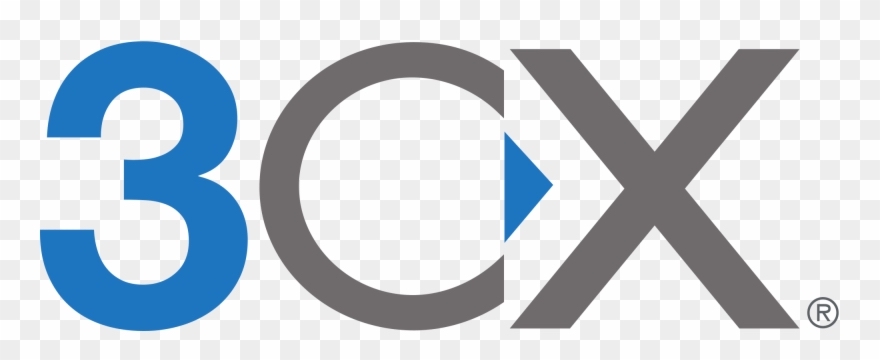With businesses shuttered and consumers locked indoors, the financial outlook for most is gloomy. Many experts are predicting a global recession that will rival The Great Depression of the 1930s in terms of impact.
Right now, everything looks dire.
With minimal income, defaulting clients and delayed assistance from the Government, many businesses are dramatically reducing spending. And the advertising and marketing budget is set to be one of the first casualties.
In a recession, reducing ad spend makes sense…
With less disposable income, consumers are spending less. Nervous shareholders and volatile share prices are limiting spend in the B2B sector too.
Some brands are pivoting mid-campaign to change their messaging to promote more 0% interest finance deals, payment holidays and the like. But they are simply trying to extract maximum value from the dollars already spent with their agency partners. A recent survey by Marketing Week found that 60% of marketers were delaying ad spend commitments.
Many will not maintain the same level of spend once when it comes time to renew. Research by Ebiquity suggests that marketing spend may reduce by as much as 20%.
If no one is buying, it makes sense to stop throwing money at advertising. Or does it?
In a recession, reducing ad spend makes no sense…
In The Ultimate Secrets of Advertising, Professor John Philip Jones looked at the effects of cutting, holding and increasing marketing spend during recessions. He found that those businesses who sustain marketing spend throughout a financial crisis are better placed to capitalise as normality is restored.
Those brands who choose to cut ad spend do not fare so well. As consumer confidence grows, they will see their market share increase by a meagre 0.7%, mainly as a result of their weakest competitors going bust.
Paradoxically their attempts to improve short term profitability by cutting costs have little to no effect at all. Worse still, it can take up to five years to recover from these budget cuts.
Surprisingly, those brands who increase ad spend during a financial crisis are best placed when the recession ends. They see an average market share growth of +1.6% for at least two years – double that of their more cautious competitors.

The reason for this subsequent growth is obvious. As competitors scale back spending during recession, investors increase their share of voice (SOV). Once money begins to move again, SOV translates directly to share of market.
Short term pain, long term gain
The problem with Professor Jones’ findings (and in the many other studies which have found similar results) is that they relate to the longer term. The majority of the promised benefits of continued ad spend are realised after the recession ends.
There is no guarantee that increased ad spend will equate to increased sales during the downturn. Which further adds to the pressure on your corporate finances.
But as you carefully consider the risks, bear in mind that the COVID-19 crisis will not last forever. Commerce is already returning to some level of normality in China where the outbreak began. And Austria and Germany are planning to relax their population lockdown measures as early as next week.
No matter how bad things look, there are already signs of recovery out there. The worst of this very human tragedy may only last a matter of months.
No matter what the talking heads claim, it is impossible to predict the exact outcomes of the COVID-19 shutdown. But history suggests that those who take a risk with their copywriting and advertising budgets in the middle of a crisis are those best placed to thrive on the other side.








































